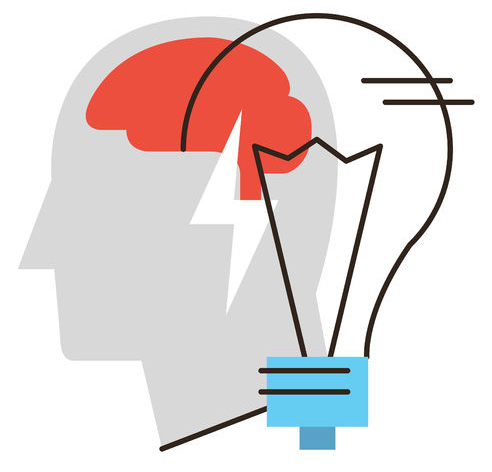Overview
Two items I read recently got me thinking about the disputes I often see in litigation.
First, a recent news item reported that police arrested people for possession of donut glaze and drywall dust. The articles reporting these gaffes attributed the mistakes to cheap and ineffective drug test kits. There can be no doubt these poor test kits played a major role in the embarrassment of the police forces involved.

I recently finished reading The Undoing Project. This book tells the story of two Israeli psychologists who pioneered the psychology of decision making. One concept explored by The Undoing Project's subjects was "confirmation bias." Confirmation bias is the human tendency to look for data which supports or confirms whatever hypothesis they are attempting to prove and to discount data which conflicts with that hypothesis.
Reading these two sources together, it occurred to me that the police found drugs because they were looking for drugs. It's a big part of their job. The police were thinking with confirmation bias.
The police are not the only ones whose conclusions are skewed by confirmation bias. The litigation process is full of it. Years ago, a law professor told a story of a young lawyer who, in a document review in an antitrust case, came upon a series of memos scheduling meetings bearing the stamp "destroy after use". To the lawyers on the case, these were a smoking gun, proof of clandestine meetings probably to set prices. After much excitement and accusation, the meetings were revealed to be ordinary staff meetings and the request for destruction was an attempt to reduce the retention of useless memos in file cabinets which were becoming overstuffed.
I see confirmation bias in much more mundane litigation. Lawyers and clients alike accuse their opponents of destroying documents, failing to respond to emails, and directing communications to superior or lower level employees as part of some evil grand scheme. Ironically, litigants often place the greatest significance on these every day gaffes and are crestfallen when subsequent revelations explain them away. More importantly, Judges and juries are not infected by the same confirmation bias as litigants and often fail to see the significance of the very evidence litigants see as so damning.
What is the lesson here? Recognize confirmation bias. Look at evidence as others might see it and not as you see it. This is not easy to do. Lawyers can help if they maintain their objectivity and do not simply become cheerleaders for their clients’ positions. There is a payoff to overcoming confirmation bias. If you can avoid confirmation bias, you can avoid costly dead ends in investigations and avoid taking positions that are later proven wrong, often embarrassingly wrong. In short, a case free of confirmation bias is a stronger case.